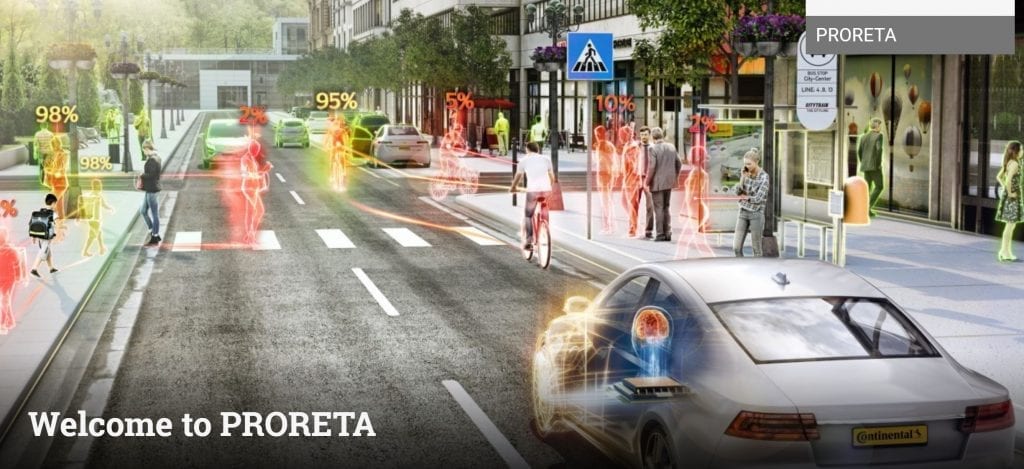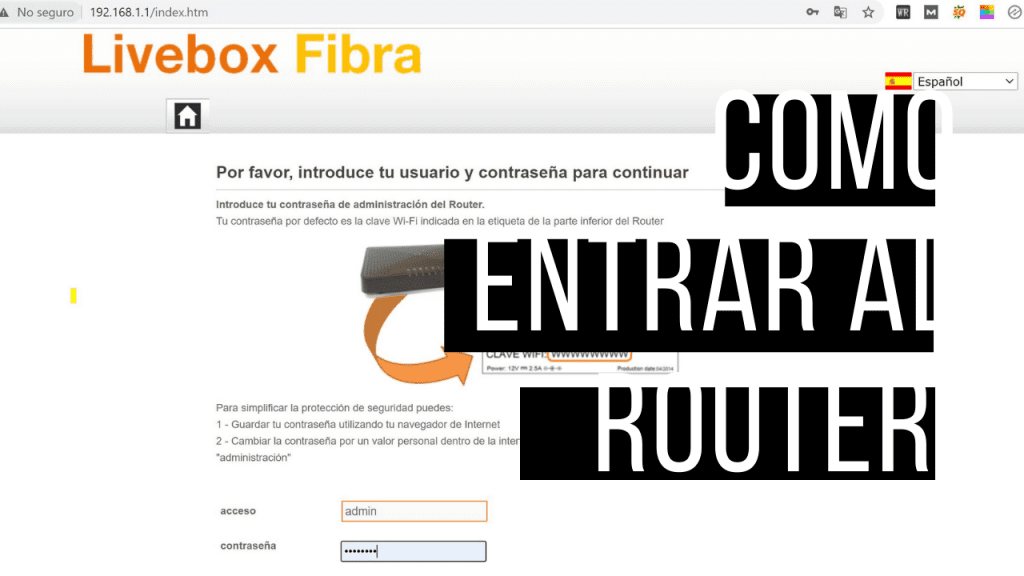Proreta 5 is dedicated to one of the most challenging tasks for automated driving: recognizing complex traffic situations in urban centers and how algorithms deduce correct driving decisions from sensor data.
At an uncontrolled intersection, for example, it is challenging to correctly interpret all objects relevant to the direction of travel and their direction of movement, intent and priority without human intervention.
Artificial intelligence becomes crucial for this objective. AI methods should be tested where the application of conventional approaches proves too complex or reaches its limits.

The great advantage of Artificial Intelligence is that, after a training phase, he is able to draw his own correct conclusions, even in unknown situations, based on what he has learned.
Continental research project on autonomous driving: what is it about until 2022?
The Proreta 5 project (2019-2022), which is expected to last three and a half years, investigates cognition, behavior prediction and decision-making algorithms in a demonstration vehicle built and equipped by Continental.
The goal, upon completion of the project in September 2022, is to evaluate the performance of the new Society of Automotive Engineer (SAE) Level 4 AI-based automation using as wide a range of scenarios as possible in urban environments to demonstrate its potential for future use.
Algorithms based on IA They must be able to correctly identify and interpret these complex traffic scenarios in order to then make the correct driving decisions.
This will include observing the human driver as he reduces and evaluates the complexity of the environment for himself. The adaptive algorithms of the Proreta 5 project will be trained according to similar principles to achieve driving performance comparable to that of humans.

In order to cover the various processing steps along the actual chain of automated driving with new solution approaches in an optimal and time-efficient manner, the current Proreta project has been expanded to an inter-university and international level.
The long-standing and proven cooperation between Continental and the Technical University of Darmstadt, which has focused on individual subtasks of driver assistance and automation, forms the basis for the participation of other universities in the current research cooperation.
These new capabilities are necessary for autonomous driving in urban environments.
On behalf of the University of Bremen, Proreta 5 contributes its experience in the field of environment recognition through the fusion of sensor data. Summarized under the technical term cognition, they are all processes related to perception and recognition.
The University of Iași (Romania), for its part, focuses on predicting the behavior of other road users.
The TU Darmstadt team focuses on systems and safety engineering, trajectory planning and control engineering.
Meanwhile, Proreta has reached the second milestone: The first measurement campaign to record training data on the prototype vehicle with Continental software and hardware is currently underway in Bremen.
The vehicle, which was initially formed in Bremen, will be handed over to the Technical University of Darmstadt for further testing as the project progresses.
Why autonomous driving in city centers needs cooperation
Karsten Michels, head of research and advanced engineering at Continental's Holistic Engineering and Technologies division, explains:
«With the current expansion and internationalization, we face the biggest challenge in the field of automated driving: driving in the city. The interface between automation and vehicle occupants also plays a fundamental role today. Information, communication and driver observation in the context of automation and psychology are inextricably linked,” says Michels.

Expert in SEO/SEM and communication on social networks.
CEO at tecnologia.net and passionate about everything related to technological progress






